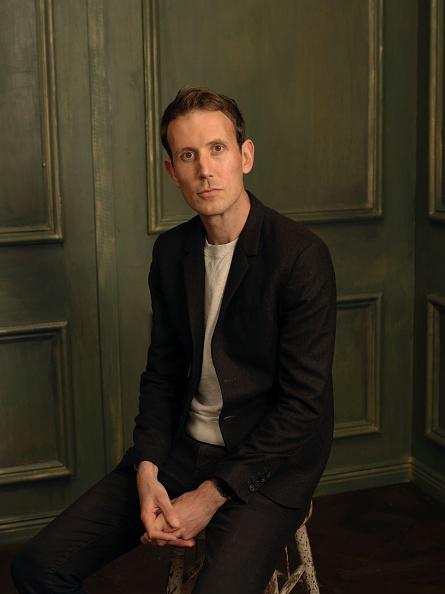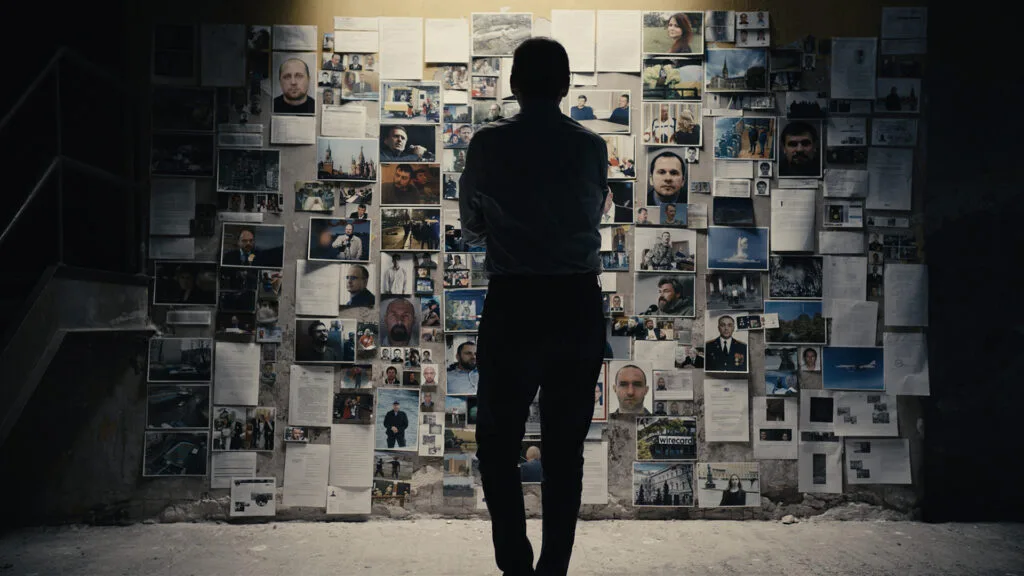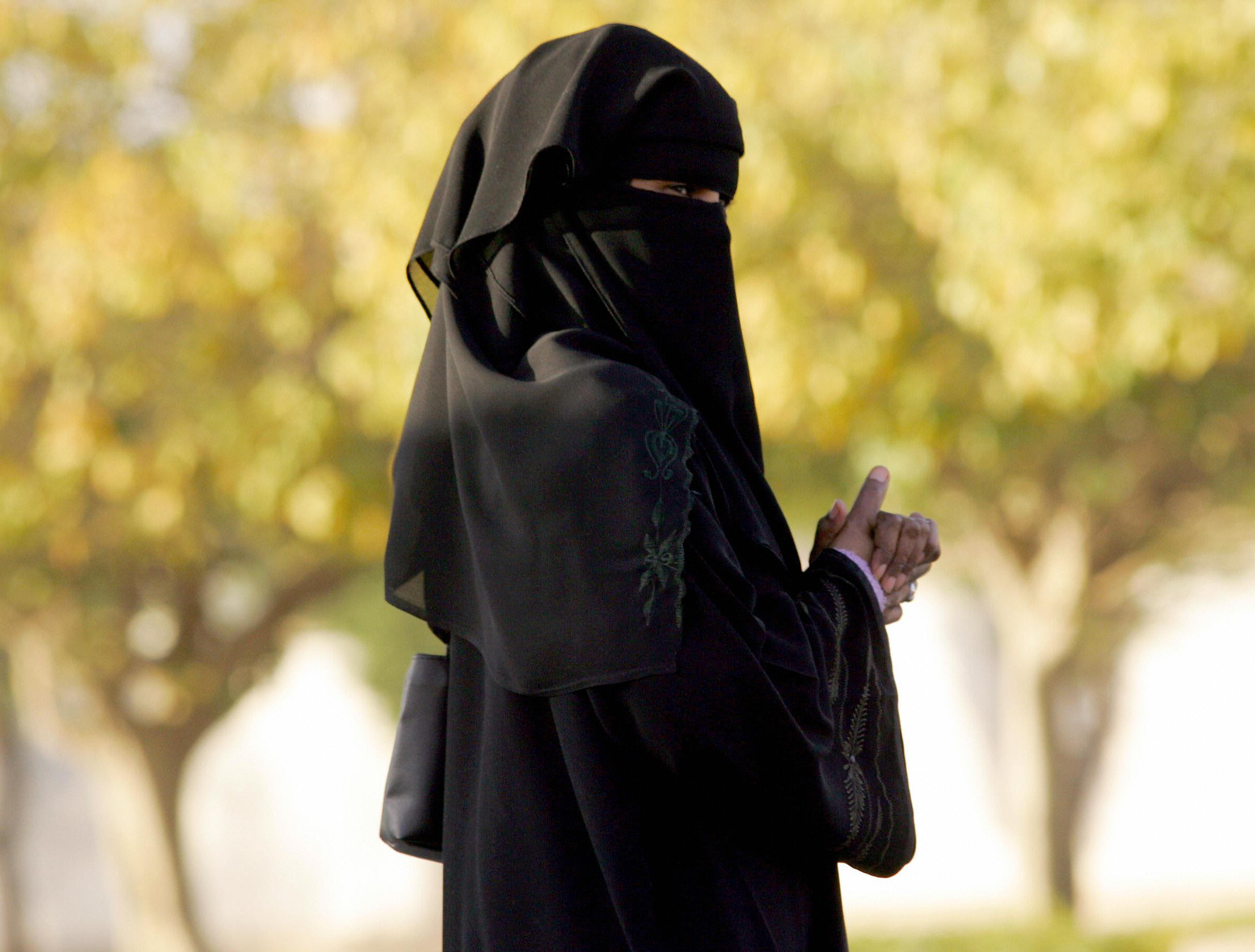Sentenced To Die In Saudi Arabia
March 22, 2016
Share
Ali Nimr was just 17 when the Arab Spring reached Saudi Arabia in 2011, a country tightly controlled by its royal family. With all the enthusiasm of youth, Ali joined people in the streets calling for reform, his parents said.
But Ali wasn’t an ordinary protester. His uncle, the Shiite cleric Sheikh Nimr Al Nimr, was considered the spiritual leader of the movement. To Saudi officials, he was a revolutionary with ties to their archrival, Iran. In 2012, Nimr was accused of inciting the uprising, arrested and imprisoned. Ali was detained as well, and charged with treason and sedition — words the boy told his father in a call from prison that he didn’t even understand.
In January 2016, Sheikh Nimr was executed along with 46 other Saudi prisoners. Now 21, Ali is still imprisoned, his fate uncertain. “I can feel the sword against his neck,” his father said. Follow Ali’s story in the video above.

Email:
james@jonesfilms.netRelated Documentaries
Latest Documentaries
Related Stories
Related Stories
Explore
Policies
Teacher Center
Funding for FRONTLINE is provided through the support of PBS viewers and by the Corporation for Public Broadcasting, with major support from Ford Foundation. Additional funding is provided the Abrams Foundation, Park Foundation, John D. and Catherine T. MacArthur Foundation, Heising-Simons Foundation, and the FRONTLINE Trust, with major support from Jon and Jo Ann Hagler on behalf of the Jon L. Hagler Foundation, and additional support from Koo and Patricia Yuen. FRONTLINE is a registered trademark of WGBH Educational Foundation. Web Site Copyright ©1995-2025 WGBH Educational Foundation. PBS is a 501(c)(3) not-for-profit organization.























